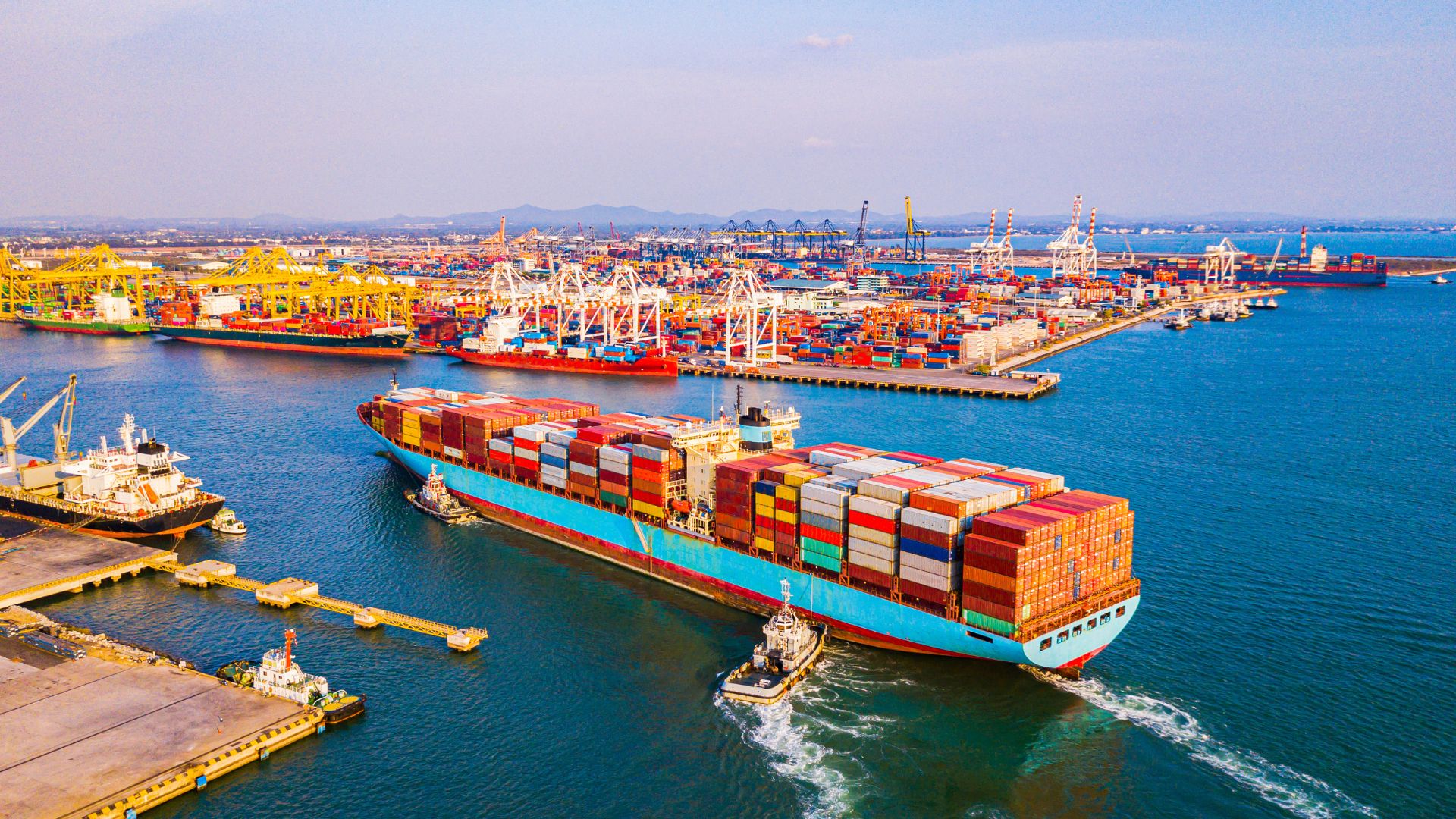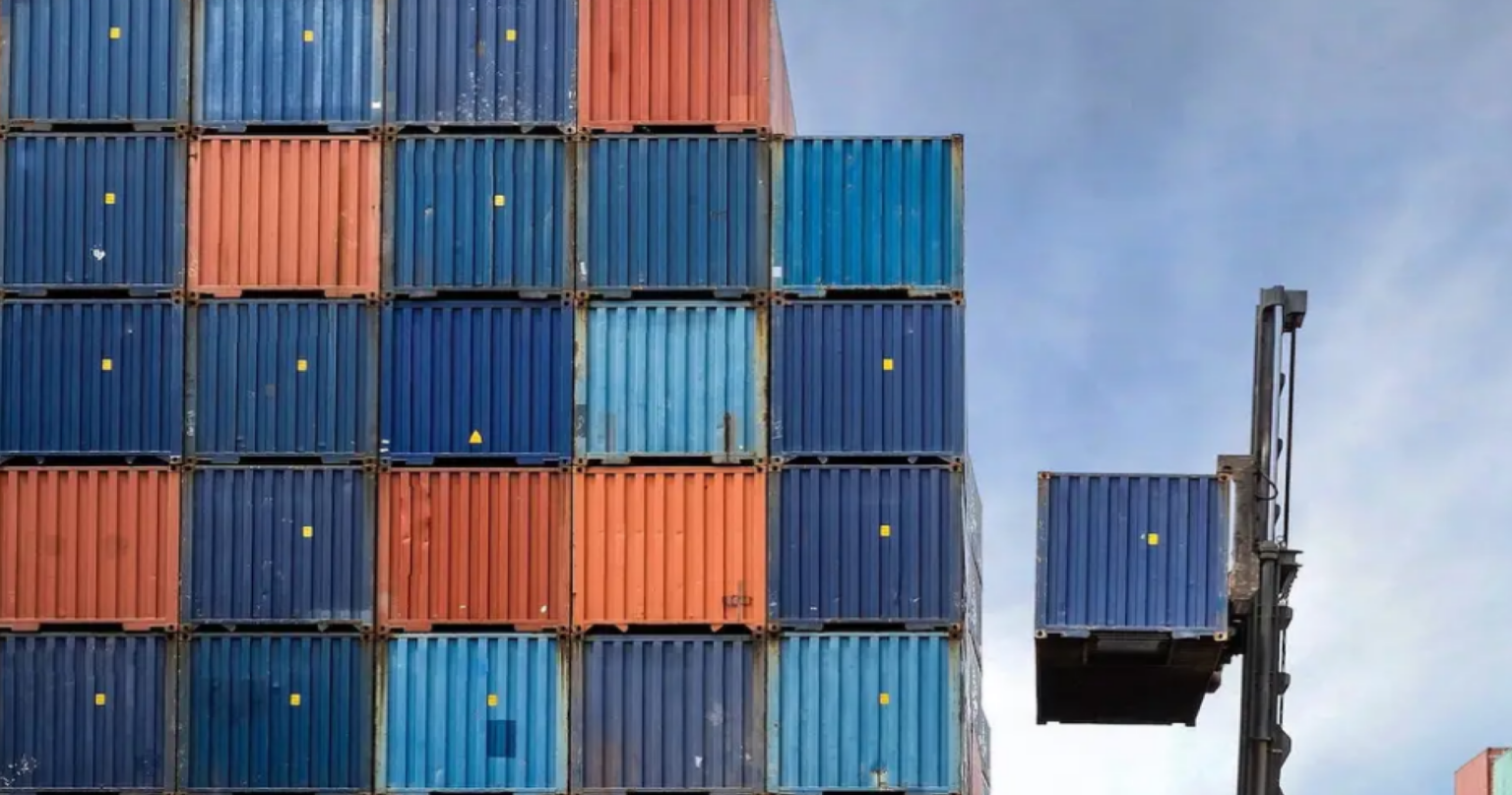PCQI stands for Preventive Controls Qualified Individual. The PCQI is an individual who has been trained on the Preventive Controls rule and has the responsibility of writing and implementing a Food Safety Plan that complies with Food Safety Modernization Act regulations.
Become a PCQI Today: PCQI Online Training
Registrar Corp offers a 5-star, online PCQI training with the official FSPCA certificate. Learn at your own pace and get the comprehensive training you need to become a Preventive Controls Qualified Individual (PCQI). Learn to develop and implement an FDA-compliant Food Safety Plan. This course is available in English, Spanish, and Chinese.
Preventive Controls for Human Food (PCQI) Course | Preventive Controls for Animal Food (PCQI for Animal Food) Course
PCQI Requirements
While the list of FSMA’s new requirements is extensive and varies greatly for certain types of facilities, one key change that applies to nearly all food companies is the introduction of a Preventive Controls Qualified Individual (PCQI). Not only does FSMA require facilities to have a food safety plan implemented, but the plan must be prepared and applied by a properly trained PCQI.
Explaining “PCQI Certification” (How to Become a PCQI)
The FSMA Preventive Controls Rules, both for Human and Animal Food, stipulate that facilities must have a “Preventive Controls Qualified Individual” (PCQI). It’s important to note that the term used is “Qualified Individual,” not “Certified Individual.” Completing the required training will make you a qualified individual, but it does not confer certification. Being a PCQI is about having specific qualifications, not a certification. Therefore, when asked questions like “What is PCQI Certification?” or “Who needs PCQI Certification?” or “How do I get PCQI Certified?”, the straightforward answers are: there isn’t a PCQI certification as such. Instead, you should focus on demonstrating that you have undergone the necessary training and possess the qualifications to be recognized as a PCQI.
Benefits of PCQI
The majority of food processors are required to have a Food Safety Plan that has been prepared by a “Preventive Controls Qualified Individual (PCQI)”. This means that companies need to have a PCQI in place quickly so they can prepare and implement the Food Safety Plan.
The benefits of having a trained PCQI include compliance with Federal Regulations and strengthening the company’s food safety program.
FSPCA
The Food Safety Preventive Controls Alliance (FSPCA) is a public-private alliance consisting of industry, academic, and government stakeholders. The FSPCA is the organization responsible for creating the curriculum for FDA FSMA training courses including the PCQI and FSVP training courses.
Related Courses
Food Safety Training for Employees
FDA Food Safety Training Courses
FAQs
Who needs PCQI training?
The Food Safety Modernization Act (FSMA) was signed into law in 2011. The goal is to make the food supply in the U.S. safer by shifting the focus of federal regulators from responding to contamination to prevention.
Most food processors are required to have a Food Safety Plan prepared by a “Preventive Controls Qualified Individual (PCQI).” This means that companies need to have a PCQI in place quickly so they can prepare and implement the Food Safety Plan.
While the list of FSMA’s new requirements is extensive and varies greatly for certain types of facility, one key change that applies to nearly all food companies is the introduction of a preventive controls qualified individual (PCQI). Not only does FSMA require facilities to have a food safety plan implemented, but the plan must be prepared and applied by a properly trained PCQI.
What is the difference between HACCP and PCQI?
Is the food safety plan different than HACCP? I had HACCP training, is that good enough?
Your facilities may already have a HACCP plan in place. Typically, HACCP plans focus on process controls. The food safety plan goes one step further and includes the other preventive controls I mentioned.
Supply chain, allergen, and sanitation activities have typically been included in the GMPs or prerequisite programs. In the preventive controls regulation, these may be elevated into the food safety plan as preventive controls.
Sometimes a hazard analysis identifies a specific hazard. For example, recontamination of product after a kill step. Then these activities become more important. In that example, a sanitation control is needed to control the hazard of recontamination. Sanitation is being used to control a hazard identified during the hazard analysis. We need to elevate that to a preventive control.
The sanitation circle overlaps in both GMPs and the food safety plan, showing that sometimes sanitation activities are GMPs, but some may be elevated into the food safety plan. They may become preventive controls. In this example, sanitation to prevent the recontamination of product will become a preventive control, but general sanitation will remain a GMP.
The same thing can happen with allergen controls or supply chain controls. When you see a specific hazard during hazard analysis, we will need to address those with the preventive control. So those activities now become part of the food safety plan. The requirement for becoming qualified to be the PCQI is that you have “successfully completed training in the development and application of risk-based preventive controls, at least equivalent to that received under a standardized curriculum recognized as adequate by the FDA”. HACCP courses do not meet this definition.
What is PCQI for Animal Food?
Preventive Controls for Animal Food rule is similar to the Human Food rule and is designed to ensure safe manufacturing, processing, packaging, and holding of animal food products in the United States. There is a specific PQCI course for those working in the Animal Food industry.
PCQI Jobs
Many food manufacturers and processors require a Preventive Controls Qualified Individual (PCQI) to develop and implement food safety plans in accordance with FDA regulations. Having PCQI certification or training can make you a more competitive candidate for jobs related to food safety and quality control. Example job titles include Food Safety Manager, Quality Assurance Manager, Quality Assurance Supervisor, Quality Manager, Quality Assurance (QA) Specialist, Food Scientist, Food Safety Director, Food Safety Specialist, Food Safety Coordinator, Quality Control, and Operations Manager.
What is the difference between PCQI and SQF?
PCQI and SQF are both food safety programs, but they have different focuses and requirements.
PCQI is focused on complying with the FDA’s Food Safety Modernization Act (FSMA) regulations. The program trains individuals to develop and implement food safety plans based on Hazard Analysis and Risk-Based Preventive Controls principles. A PCQI is responsible for developing and overseeing a food safety plan that meets the requirements of FSMA.
SQF stands for Safe Quality Food. It is a food safety standard that is designed to ensure that food products are produced, processed, and handled according to rigorous standards. SQF certification is based on a set of food safety and quality management requirements that are benchmarked by the Global Food Safety Initiative (GFSI). SQF certification covers a broad range of food safety and quality issues, including food safety management, product quality management, and supplier management. The person in charge of that system is the SQF Practitioner and needs training in SQF and HACCP.
In summary, while PCQI focuses on preventive controls and compliance with FSMA regulations, SQF focuses on overall food safety and quality management.
What does PCQI Certification cost?
There is no PCQI “certification,” but the cost to take our online training course to become a PCQI is $799.
Does PCQI certification expire?
At this time, there is no expiration date for the PCQI training certificates and no requirement for regular retraining. However, it is always a good idea to take a refresher course as needed to continue performing your PCQI duties.
PCQI Certification online
As mentioned above, there is no PCQI “certification” but there is a convenient, online training course which is self-paced and includes the official training certificate. Registrar Corp offers the only online course that allows you to work at your own pace and earn the official FSCPA certificate.
Is there a PCQI exam?
There is no exam for becoming a PCQI. Registrar Corp’s online course includes interactive exercises which you must pass with a score of 80% to move onto the next section. If you do not pass, you may try again.
The following information is quoted from the FDA website: To view more answers to FAQ’s visit the page.
What is a PCQI (Preventive Controls Qualified Individual)
A preventive controls qualified individual is someone who has successfully completed certain training in the development and application of risk-based preventive controls or is otherwise qualified through job experience to develop and apply a food safety system. The written food safety plan required of food facilities must be prepared, or its preparation overseen, by one or more preventive controls qualified individuals. And the preventive controls qualified individual is charged with overseeing the validation that preventive controls are capable of controlling identified hazards and the records review.
A Preventive controls qualified individual “means a qualified individual who has successfully completed training in the development and application of risk-based preventive controls at least equivalent to that received under a standardized curriculum recognized as adequate by FDA or is otherwise qualified through job experience to develop and apply a food safety system.” This is the definition is from Current Good Manufacturing Practice, Hazard Analysis, and Risk-based Preventive Controls for Human Food regulation § 117.3 and the Current Good Manufacturing Practice, Hazard Analysis, and Risk-based Preventive Controls for Food for Animals regulation § 507.3.
Do I need to employ a preventive controls qualified individual?
The preventive controls for human food rule creates new requirements for covered domestic and foreign facilities producing human food to develop and implement a food safety plan based on hazard analysis and risk-based preventive controls. In general, the rule applies to facilities that have to register under section 415 of the Federal Food, Drug, and Cosmetic Act (FD&C Act). However, there are a number of exemptions and modified requirements that may apply (see 21 CFR 117.5 for exemptions that may apply to your facility).
If no exemptions apply to you, then you are required to have a PCQI develop and implement your facility’s food safety plan. A PCQI is a qualified individual who has successfully completed training in the development and application of risk-based preventive controls at least equivalent to that received under a standardized curriculum recognized as adequate by FDA or be otherwise qualified through job experience to develop and apply a food safety system. Job experience may qualify an individual to perform these functions if such experience has provided an individual with knowledge at least equivalent to that provided through the standardized curriculum.
How does a PCQI demonstrate that he or she is qualified?
The preventive controls for human food final rule specifies that a PCQI is a qualified individual who has successfully completed training in the development and application of risk-based preventive controls at least equivalent to that received under a standardized curriculum recognized as adequate by FDA or be otherwise qualified through job experience to develop and apply a food safety system. Job experience may qualify an individual to perform these functions if such experience has provided an individual with knowledge at least equivalent to that provided through the standardized curriculum.
However, the rule does not require any specific certifications, including certification by the Food Safety Preventive Controls Alliance (FSPCA). An individual may voluntarily choose to attend the PCQI training provided through the FSPCA, but this is not mandatory. In general, FDA will assess the adequacy of a facility’s food safety plan rather than an individual’s documented qualifications. Deficiencies in the food safety plan indicate that a PCQI may need additional training specific to the rule, irrespective of documented training and experience.
I have many food safety certifications (HACCP, GFSI, SQF, BRC, etc). Do I still need to take the PCQI training from the FSPCA?
The preventive controls for human food rule specifies that a PCQI is a qualified individual who has successfully completed training in the development and application of risk-based preventive controls at least equivalent to that received under a standardized curriculum recognized as adequate by FDA or be otherwise qualified through job experience to develop and apply a food safety system. Job experience may qualify an individual to perform these functions if such experience has provided an individual with knowledge at least equivalent to that provided through the standardized curriculum.
There are some differences in the requirements of the CGMP & PC rule compared to the requirements of HACCP regulations and other preventive-based food safety programs such that the training provided by the International HACCP Alliance/GFSI/SQF/BRC etc or other institutions might not be equivalent. Such an individual may need additional training specific to the CGMP & PC rule. However, the CGMP & PC rule does not require any specific certifications, including certification by the FSPCA. In general, FDA will assess the adequacy of a facility’s food safety plan rather than an individual’s documented qualifications. Deficiencies in the food safety plan indicate that a PCQI may need additional training specific to the rule, irrespective of documented training and experience.
I have worked as a food safety manager for a very long time. Do I need to take PCQI training, or does my job experience satisfy the requirements to be a PCQI?
The preventive controls for human food final rule specifies that a PCQI is a qualified individual who has successfully completed training in the development and application of risk-based preventive controls at least equivalent to that received under a standardized curriculum recognized as adequate by FDA or be otherwise qualified through job experience to develop and apply a food safety system. Job experience may qualify an individual to perform these functions if such experience has provided an individual with knowledge at least equivalent to that provided through the standardized curriculum.
In general, FDA will assess the adequacy of a facility’s food safety plan rather than an individual’s documented qualifications. Deficiencies in the food safety plan indicate that a PCQI may need additional training specific to the rule, irrespective of documented training and experience.
Can I use one PCQI for all my facilities, or must I have one PCQI for each facility?
The preventive controls for human food final rule does not prohibit a company from utilizing the services of a single PCQI for multiple locations. Additionally, there are no restrictions on the proximity of the locations that are under the direction of any PCQI. Note, however, that each facility must have a PCQI prepare or oversee the preparation of a food safety plan specific to that facility in accordance with 21 CFR 117.126(a)(2).
What is a qualified facility?
A “qualified facility” is (when including the sales by any subsidiary; affiliate; or subsidiaries or affiliates, collectively, of any entity of which the facility is a subsidiary or affiliate) either:
- A “very small business,” a business (including any subsidiaries and affiliates) averaging less than $1,000,000, adjusted for inflation, per year, during the 3-year period preceding the applicable calendar year in sales of human food plus the market value of human food manufactured, processed, packed, or held without sale (e.g., held for a fee), or
- A facility to which both of the following conditions apply: During the 3-year period preceding the applicable calendar year,
(1) the average annual monetary value of the food manufactured, processed, packed or held at such facility that is sold directly to qualified end-users exceeded the average annual monetary value of the food sold by such facility to all other purchasers; and
(2) the average annual monetary value of all food sold during the 3-year period preceding the applicable calendar year was less than $500,000, adjusted for inflation.
(See 21 CFR section 117.3 for definitions of “qualified facility,” “very small business,” and “qualified end-user”)









